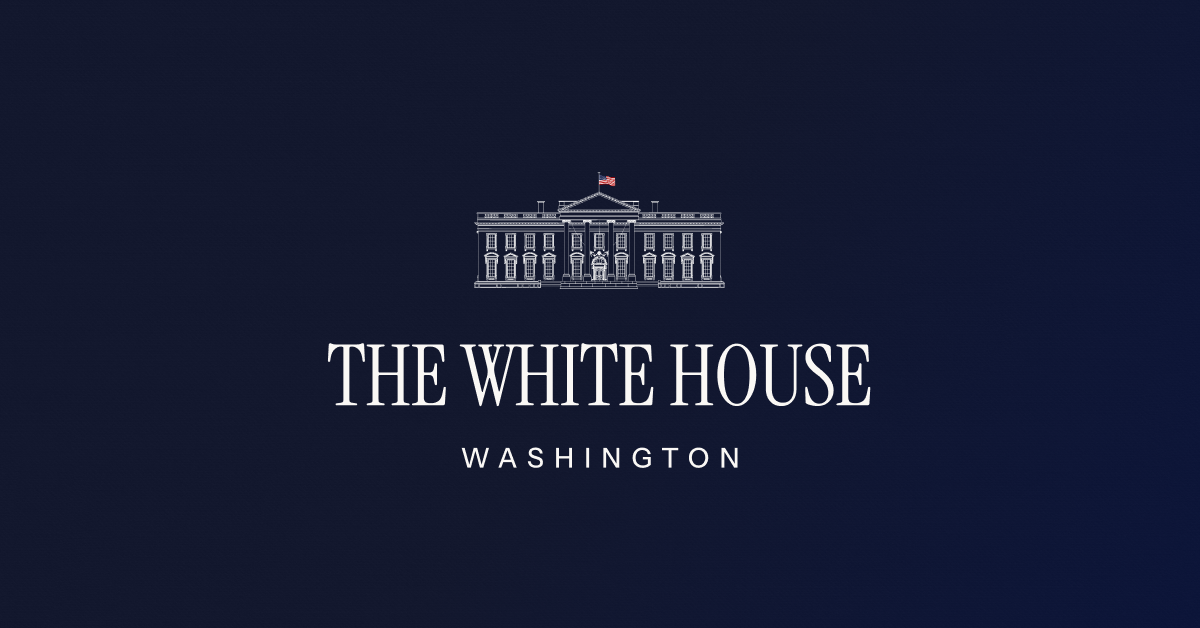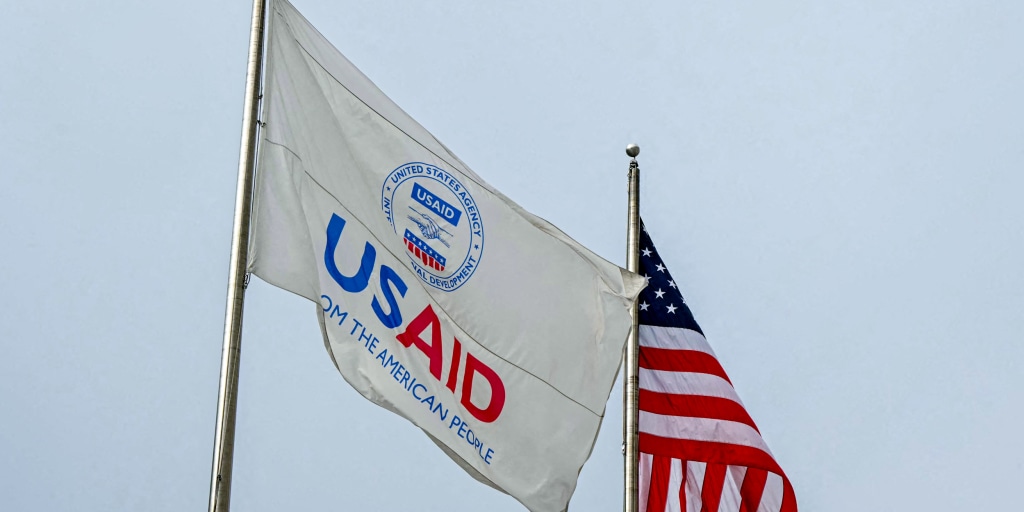NIH Faces Funding Cuts Amid Political Controversy

The NIH is confronting funding cuts due to new policies under the Trump administration, raising concerns about the future of critical medical research and treatment development, particularly for rare diseases.
The National Institutes of Health (NIH), the leading medical research agency in the federal government, is experiencing significant funding challenges stemming from the new administration under Donald Trump. One of the primary architects of these changes is Russell Vought, who has been confirmed to lead the Office of Management and Budget. Vought's initiative, known as Project 2025, emphasizes that funding for scientific research should not be managed by a select few and proposes a reduction in NIH funding.
Recently, NIH announced a cap on grants for "indirect" research costs, such as expenses related to buildings and equipment, limiting them to 15 percent from an average of around 30 percent. This change follows a series of measures that have adversely affected health-related research, including the nomination of Robert F. Kennedy Jr. to head the Department of Health and Human Services, notorious for disseminating vaccine misinformation, and cuts to the US Agency for International Development that disrupted HIV/AIDS research and medication distribution.
Despite criticism, some of those funded by NIH have made significant contributions to medical research. For example, research funded by NIH led to the development of a cystic fibrosis treatment called Trikafta, which has greatly benefited Vought's daughter. NIH allocates around $84 million annually for cystic fibrosis research, underlining its importance in advancing medical care.
As a result of the funding reductions, research for rare diseases, which often lack adequate treatment options, faces greater challenges. A staggering 95 percent of rare diseases have no existing treatments, according to the National Organization for Rare Disorders. Neena Nizar, executive director of Jansen's Foundation, suggests that direct funding for research is critical, but acknowledges that "indirect costs" are necessary to maintain operational capacity in labs.
Families with children suffering from ultra-rare diseases depend heavily on NIH-led initiatives, such as the Rare Diseases Clinical Research Network, which has looked into over 200 rare diseases since its inception in 2003. The impact of such research may not be easily quantifiable, but it remains crucial for advancing treatment options.
Nizar advocates for a balanced approach that supports ongoing research and protects under-resourced institutions from the snares of budget cuts, emphasizing that continuity in medical research is vital for breakthrough developments, particularly in the realm of rare diseases.



















